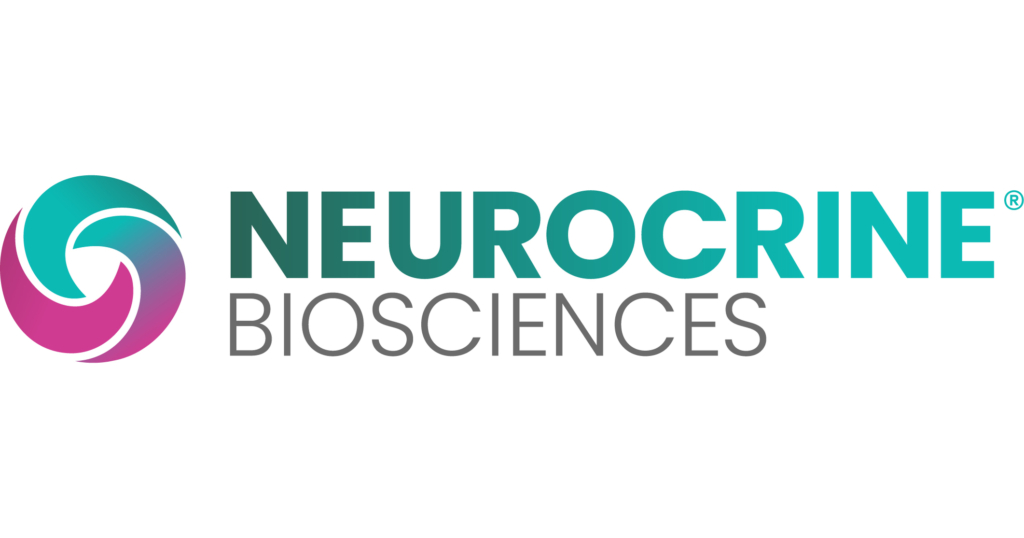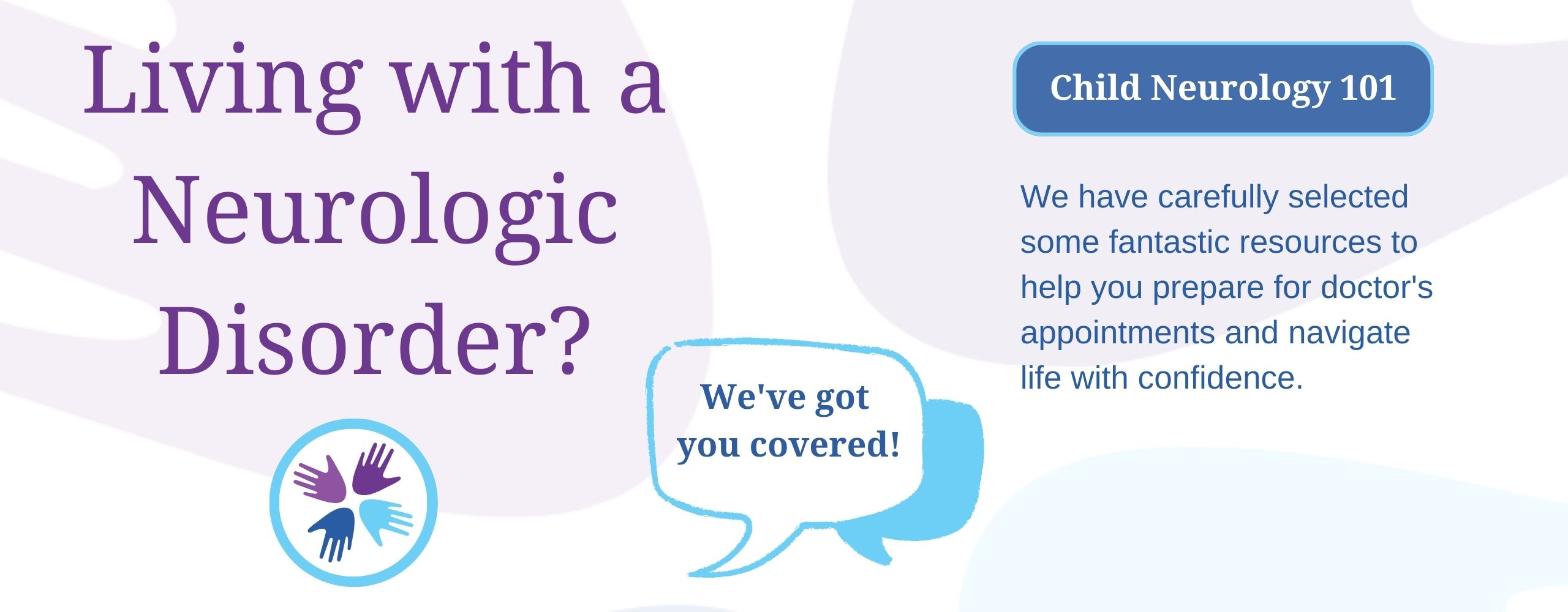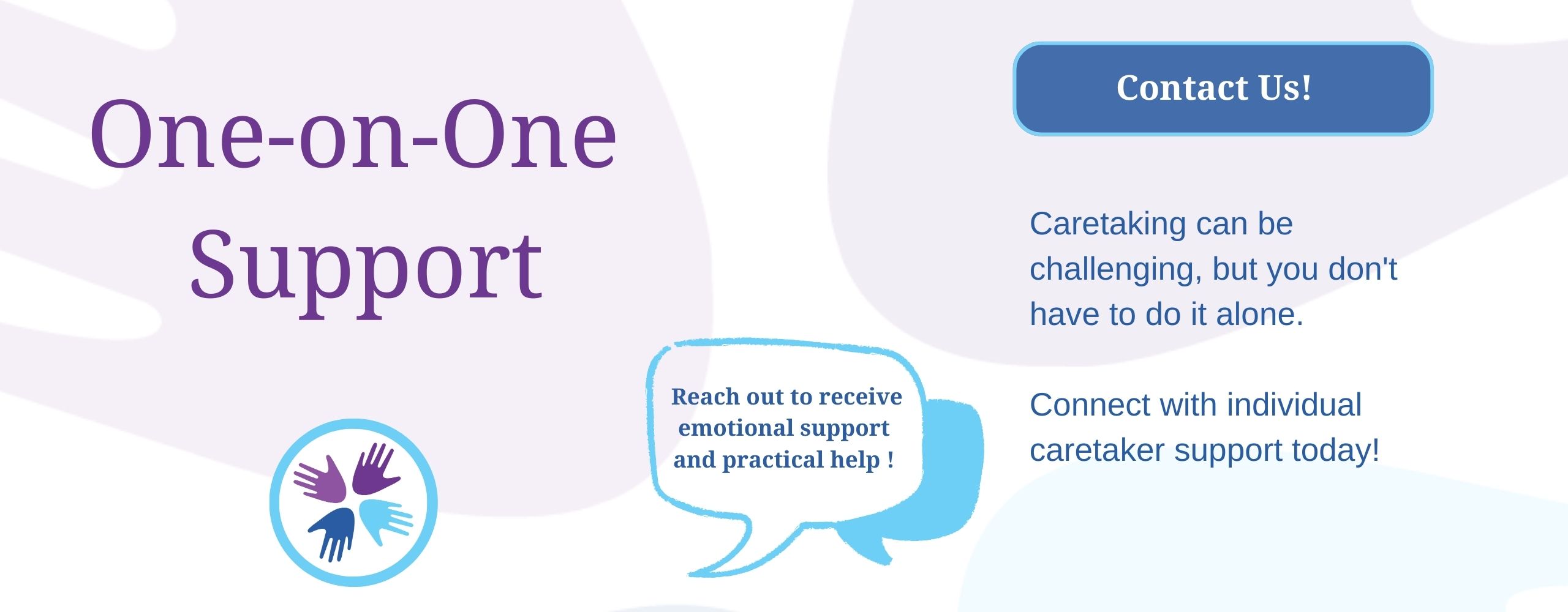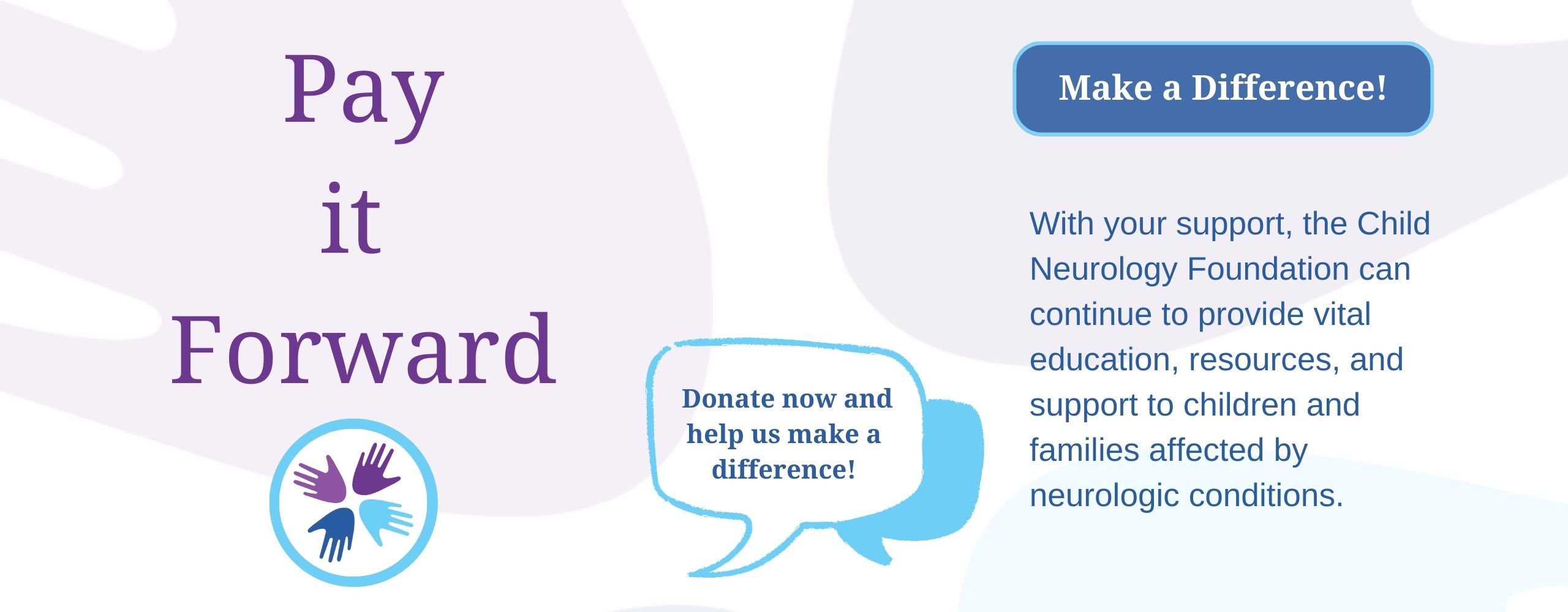
Authors: Dorottya B. Kacsoh, University of Central Florida College of Medicine
Alison L. Christy, MD, PhD, Providence Pediatric Neurology at St. Vincent Medical Center—Portland, Oregon
David Bearden, MD, MSCE, University of Rochester School of Medicine—Rochester, New York
Reviewed: April 2023
SUMMARY
KCNT1-related epilepsies are a group of epilepsies. They are caused by a variation in the KCNT1 gene. The seizures are often difficult to control.
Most children will have:
- Developmental delay
- Intellectual disability
The conditions are lifelong.
JUMP TO
Disorder Overview
DESCRIPTION
There are two main KCNT1-related epilepsies. They are:
- Epilepsy of infancy with migrating focal seizures (EIMFS).
- Sleep-related hypermotor epilepsy (SHE). This used to be called autosomal dominant nocturnal frontal lobe epilepsy (ADNFLE).
In both conditions, children generally do not have problems with development until seizures begin.
Rarely, children may have a mild focal epilepsy without intellectual disability.
SIGNS AND SYMPTOMS
EIMFS (Epilepsy of infancy with migrating focal seizures)
In EIMFS, seizures start within the first six months of life. Once seizures start, infants stop developing. They may even lose developmental milestones. Seizures can occur daily.
Other symptoms may include:
- Autonomic instability. Affected individuals may:
- Have a fast or slow heart rate.
- Turn blue.
- Sweat
- Stop breathing.
- Hypotonia (floppy muscles).
- Muscle tone is low in infants.
- However, as children get older, many will have increased tone in their arms and legs.
- Movement disorders.
- Microcephaly. The head is small.
- Abnormal blood vessels in the lungs. These vessels may cause significant bleeding.
- Abnormal heart rhythms. This is rare.
SHE (Sleep-related hypermotor epilepsy)
In SHE, seizures begin after the first six months of life and before adolescence. Developmental milestones may regress. This can be mild or moderate.
Most seizures occur during sleep. However, daytime seizures can occur. They may be present in up to one third of children.
Other symptoms may include:
- Behavioral and psychiatric symptoms. Children may have:
- Autism spectrum disorder
- Depression
- Learning disabilities.
Occasionally, KCNT1-related epilepsies may present differently. Other types of seizures beyond EIMFS and SHE may occur.
Most children with this condition have many types of seizures. There is a risk of status epilepticus. This is a prolonged seizure. It may lead to brain damage or death.
CAUSES
KCNT1-related epilepsies are caused by a variation in the KCNT1 gene. This variation causes a particular channel to be too active. Brain cells send too many signals. It is not well understood why some children with KCNT1 variations develop EIMFS and others develop SHE.
KCNT1-related epilepsies are inherited in an autosomal dominant pattern. This means that only one different copy of the gene is needed to cause symptoms.
Almost all cases of EIMFS are due to new genetic variations. Rarely, a parent may have the mutation in only some of their cells. This pattern is called mosaicism. In some cases, a parent with SHE may have a child with EIMFS.
Most cases of SHE occur because of new variations. However, SHE may be inherited from an affected parent. If one parent has SHE, all children have a 50% chance of developing KCNT1-related epilepsy. The type of epilepsy in the child may be either SHE or EIMFS.
LABORATORY INVESTIGATIONS
Genetic testing will show a variation in the KCNT1 gene.
Types of testing include:
Electroencephalogram (EEG)
TREATMENT AND THERAPIES
EIMFS does not respond well to traditional anti-seizure medications. No single medication has been shown to be the most effective for all patients. Some patients respond well to the ketogenic diet.
It is important to note that most children with EIMFS will continue to have seizures, regardless of treatment. However, with treatment, they may experience fewer seizures.
Some patients have a type of seizure called infantile spasms.
SHE usually responds well to traditional anti-seizure medications. However, some patients with SHE need multiple medications.
Children with EIMFS will require:
- Physical therapy
- Occupational therapy
- Speech therapy
OUTLOOK
In both conditions, seizures may decrease over time. Because of the frequency of seizures, a rare complication called sudden unexpected death in epilepsy (SUDEP) may occur. For more information on this topic, see our SUDEP Resource page.
In EIMFS, nearly all children have profound intellectual disability. Many will never be able to speak or walk. EIMFS has a higher mortality than SHE.
In SHE, many children will have intellectual disability, autism spectrum disorder, or psychiatric issues such as anxiety and depression. This can be mild or moderate. These patients will generally be able to speak and walk. They may be able to live relatively independently. It depends on the severity of SHE.
Resources
KCNT1 Epilepsy Foundation
The mission of the KCNT1 Epilepsy Foundation is to accelerate research and drug development efforts focused on finding a cure for KCNT1-related epilepsy. The KCNT1 Epilepsy Foundation supports the KCNT1 community with educational resources and the latest research information. The KCNT1 Foundation also serves as the central point of contact and is keeping a Family Contact List of families impacted by this disease. Through the KCNT1 Research Registry you can participate in Foundation research studies and can elect to be notified of study and clinical trial opportunities. The private Facebook group, KCNT1 Gene Mutation Support Group is a place to meet other families who have children with KCNT1.
Child Neurology Foundation (CNF) solicits resources from the community to be included on this webpage through an application process. CNF reserves the right to remove entities at any time if information is deemed inappropriate or inconsistent with the mission, vision, and values of CNF.
Research
These are clinical trials that are recruiting or will be recruiting. Updates are made daily, so you are encouraged to check back frequently.
ClinicalTrials.gov is a database of privately and publicly funded clinical studies conducted around the world. This is a resource provided by the U.S. National Library of Medicine (NLM), which is an institute within the National Institutes of Health (NIH). Listing a study does not mean it has been evaluated by the U.S. Federal Government. Please read the NLM disclaimer for details.
Before participating in a study, you are encouraged to talk to your health care provider and learn about the risks and potential benefits.
For more information about participation in clinical trials, check out our education hub on the topic here.
Information for research and clinical trials specific to KCNT1-Related Epilepsy can be found on the KCNT1 Epilepsy Foundation website.
The information in the CNF Child Neurology Disorder Directory is not intended to provide diagnosis, treatment, or medical advice and should not be considered a substitute for advice from a healthcare professional. Content provided is for informational purposes only. CNF is not responsible for actions taken based on the information included on this webpage. Please consult with a physician or other healthcare professional regarding any medical or health related diagnosis or treatment options.
References
Bonardi CM, Heyne HO, Fiannacca M, Fitzgerald MP, Gardella E, Gunning B, Olofsson K, Lesca G, Verbeek N, Stamberger H, Striano P, Zara F, Mancardi MM, Nava C, Syrbe S, Buono S, Baulac S, Coppola A, Weckhuysen S, Schoonjans AS, Ceulemans B, Sarret C, Baumgartner T, Muhle H, Portes VD, Toulouse J, Nougues MC, Rossi M, Demarquay G, Ville D, Hirsch E, Maurey H, Willems M, de Bellescize J, Altuzarra CD, Villeneuve N, Bartolomei F, Picard F, Hornemann F, Koolen DA, Kroes HY, Reale C, Fenger CD, Tan WH, Dibbens L, Bearden DR, Møller RS, Rubboli G. KCNT1-related epilepsies and epileptic encephalopathies: phenotypic and mutational spectrum. Brain. 2021 Dec 31;144(12):3635-3650. https://doi.org/10.1093/brain/awab219. PMID: 34114611.
Borlot F, Abushama A, Morrison-Levy N, Jain P, Puthenveettil Vinayan K, Abukhalid M, Aldhalaan HM, Almuzaini HS, Gulati S, Hershkovitz T, Konanki R, Lingappa L, Luat AF, Shafi S, Tabarki B, Thomas M, Yoganathan S, Alfadhel M, Arya R, Donner EJ, Ehaideb SN, Gowda VK, Jain V, Madaan P, Myers KA, Otsubo H, Panda P, Sahu JK, Sampaio LPB, Sharma S, Simard-Tremblay E, Zak M, Whitney R. KCNT1-related epilepsy: An international multicenter cohort of 27 pediatric cases. Epilepsia. 2020 Apr;61(4):679-692. https://doi.org/10.1111/epi.16480. Epub 2020 Mar 13. PMID: 32167590.
Cherian C, Appendino JP, Ashtiani S, Federico P, Molnar CP, Kerr M, Khan A, Au PYB, Klein KM. The phenotypic spectrum of KCNT1: a new family with variable epilepsy syndromes including mild focal epilepsy. J Neurol. 2022 Apr;269(4):2162-2171. https://doi.org/10.1007/s00415-021-10808-y. Epub 2021 Sep 19. PMID: 34537872.
Gertler T, Bearden D, Bhattacharjee A, et al. KCNT1-Related Epilepsy. 2018 Sep 20. In: Adam MP, Everman DB, Mirzaa GM, et al., editors. GeneReviews® [Internet]. Seattle (WA): University of Washington, Seattle; 1993-2023. Available from: https://www.ncbi.nlm.nih.gov/books/NBK525917/.
Thank you to our 2023 Disorder Directory partners:








